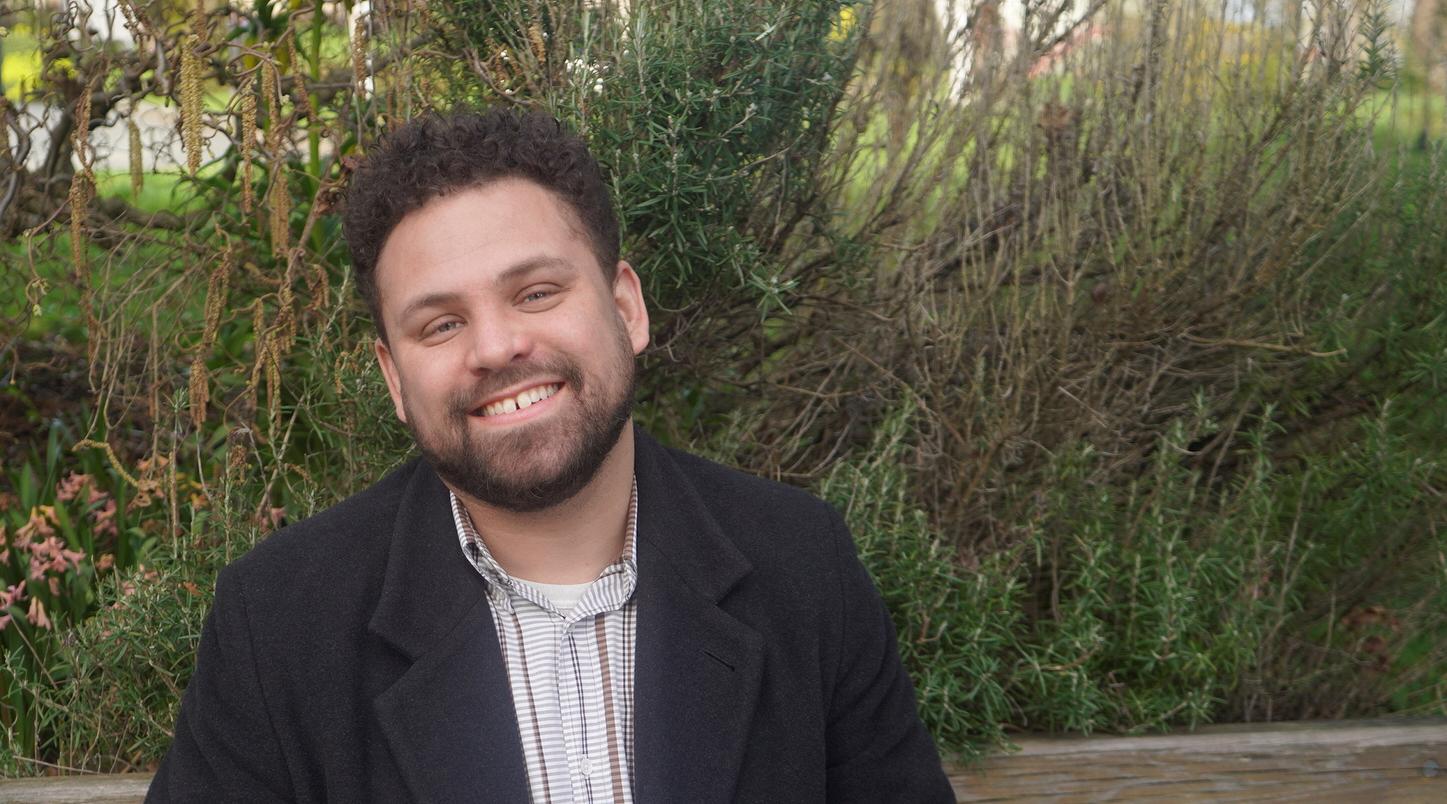Student Research Feature: Jules André-Brown

The School of Leadership Studies would like to extend our heartfelt congratulations to Jules André-Brown on the completion of a Master’s Thesis titled, Engaging Young People in an Exploration of Transformative Possibilities for the Future of Arts Organizations.
This thesis is available through RRU’s library here.
We asked Jules a few questions about this research, and this is what they said:
What are some key takeaways from your thesis that would be helpful for other leaders?
This research illustrates an opportunity for leaders in arts and culture organizations to partner and invest in young people in meaningful and sustainable ways. The thesis also examines the paradoxes, barriers, and possibilities in the policies guiding these organizations that can help and hinder their relationship with young people both as individuals and as a collective. In addition, the research demonstrates the potential of an arts-based approach to leadership and transformative societal change. Lastly, young leaders shared their vision for a future of accessible and collective arts and culture sector that would be a shift from the individual commission or merit-based conventions commonly found today.
How is the organization moving change forward based on your work?
Everyone in this study recognized a horizon where greater solidarity between young people and the arts is possible. Laura-Beth Keane from the Esquimalt Community Arts Hub (ECAH) shared that engaging in this study helped their organization’s operations shift from a youth-mentorship model towards an allyship model. ECAH approach now works with young people. At The Space Blanket Arts Society, the executive director Demi London noted that governance in arts organizations should reflect the needs of young people. As a result, they are actively foregrounding flexibility in how and when young people serve on their board.
What surprised you about your experience of the thesis process?
I went into the thesis process of studying organizations assuming my role was to know the answer of how an organization should change. My thesis advisor, Dr.Cheryl Heykoop, illuminated the benefit of gathering, analyzing, and synthesizing different forms of expression, data and literature. I realized that my role was to try to be as curious, inclusive, and crisp so everyone could be a part of the change. In addition, this thesis happened during tremendous loss and grief, and I was very moved by the grace people offered to help this thesis come together.
How are you applying lessons learned from your whole MA-Leadership journey?
The coursework helped me see various ways people perceive conflicts and define leadership. In addition, learning alongside a cohort of people from different sectors and contexts helped me establish approaches and behaviours that work with rather than against the leadership of others. I am also grateful to my family, who were so close and supportive during this journey. Finally, I am so appreciative of my child’s joyful, curious, and clever approach to leadership, and I feel honoured to take part in following their lead in the years to come.